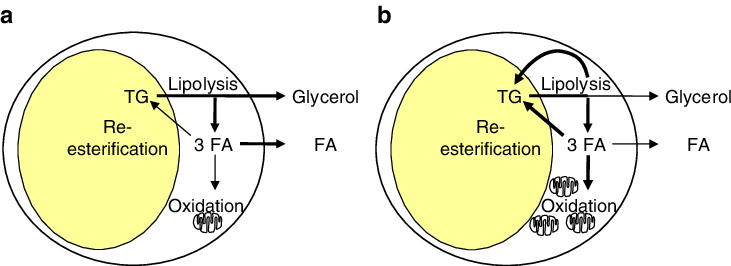I sometimes check my husbands glucose after mine because he’s curious. I have seen his glucose go higher (110+) and alarmingly low (50’s). Last night I accidentally picked up a ketone strip and he was at 1.1 to my .6. He is not keto at all and loads up on carbs every day with fruit, bread, pasta etc. He is slim and also drinks red wine daily. I have been keto for 8 months. I’m confused. I have always thought he wouldn’t even register ketones if tested. Can someone set me straight please? First time posting so hopefully I’m doing this correctly.
Non keto husband has 1.1 ketone reading
Is this a blood strip? Which meter? When did you take it? Before or after alcohol?
The blood sugar is more concerning. In the 50s means he’s likely getting a backlash effect after a meal. He might not feel very good, either.
It’s a keto/glucose meter called Freestyle. It was late evening when I took it. He had been drinking wine or brandy. I don’t understand how a carb burner can have decently high ketones.
That’s my guess, too.
I have to admit, though, that I’ve never taken my ketones before and after having a drink. Sounds like an interesting test.
I do know my ketonix (breath ketone meter) says it can give the incorrect value after drinking. When I was using it all the time, I did not notice morning ketones being any different after a drink the night before, however.
I have a love/hate relationship with my ketonix and don’t know why I use it, but I have before now, just to check it’s actually working, soaked a tissue in alcohol and put it over the mouthpiece. Got a fabulous reading then!!!
Reason I’m thinking your husband is in ketosis and not even trying is the same reason I go into ketosis when just eating whatever, ketosis becomes effortless because a metabolically fit person goes into ketosis without even trying and I don’t gain a pound because I oxidize carbohydrates equally to oxidizing fatty acids in the the fatty acid turn over pool, it is because he has no fatty deposits (lipids and triglycerides) in his lean skeletal muscle, especially in the gluteus maximus, biceps and liver which also prevents re-esterification of FFA’s.
Keep in mind the gluteus maximus controls the entire metabolism of human body and decides whether or not food will stored as fat or oxidized, not insulin.
If your doing a ketogenic diet and you gain weight fast at a very low carbohydrate, at maybe around 100 grams (a rough guesstimate) or so (let’s say a binge?), chances are, you still have intramyocelluar lipids inside your skeletal muscle (esp. in the gluteus maximus; this particular muscle is very sensitive to high fat diets and the first place the fat or fatty deposits accumulate when you over eat dietary fats) and intrahepatic lipids inside the liver so when you eat a carbohydrate left over glucose is prone to be stored as a lipid droplet rather oxidized by the mitochondria inside the fat cell that stores the lipid droplets.
What I’m talking about here is not really about visceral fat but is part of the other factor involved in obesity and diabetes.
References:
image link[1] ”…During lipolysis, triglyceride molecules are hydrolyzed to free fatty acids (FFA) and glycerol, which are released from the fat cell. … Primary re-esterification is the total amount of FFA that is re-esterified during a given situation and reflects the triglyceride synthesis capacity of the fat cells (7). …” …More
I would guess that, in contrast to you, he is far less insulin-resistant and can therefore tolerate a higher level of carbohydrate intake without provoking a deleterious insulin response. His reading would also depend on the time of day when blood was drawn, since it is normal to cycle in and out of ketosis, so long as serum insulin is not chronically elevated.
In a situation where carbohydrate intake does not exceed one’s personal threshold, the normal pattern is for food energy to be stored (while eating and while insulin is elevated) and later for it to be released (while fasting and while insulin is low) during the course of a given 24-hour period. The government-recommended high-carbohyddrate diet interferes with this process by keeping serum insulin so high that we are in permanent storage mode, even when not eating.
When I first got my keto mojo a year and a half ago I was testing everyone who would let me. Many of the guys I tested were in ketosis, ate carb packed meals and it shocked me. I then realized that most of them technically intermittent fast, and they probably have good insulin levels regardless of their diet. I also suspect alcohol can superficially raise ketone numbers, I saw a couple articles on that back when I was first testing people.
Now I feel tempted to consider eating nothing but pasta-on-rye sandwiches & margaritas for a year. 


